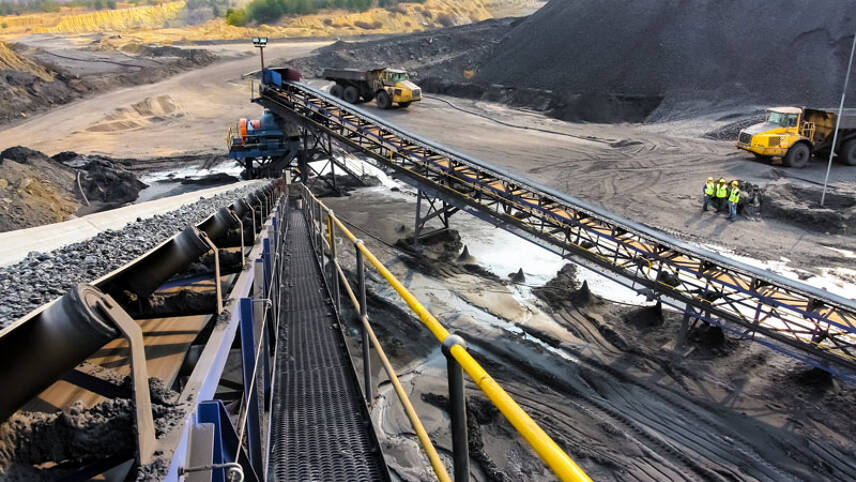Register for free and continue reading
Join our growing army of changemakers and get unlimited access to our premium content

The analysis has been published today (22 June) by Planet Tracker in the form of an interactive dashboard. It is based on data collected and analysed by experts at the London School of Economics (LSE).
It categorises nations based on how dependent their economies are on natural resources, plus whether these resources are renewable (like crops and wood) or non-renewable (like fossil fuels and metals).
In general, nations which are not dependent on natural resources – particularly non-renewable resources – are more likely to be either high-income or upper-middle income. They are also more likely to have had a strong credit score following the 2008 crash.
Conversely, almost all of the world’s lowest-income countries are either highly dependent on natural resource exports or have a medium dependency. Highly dependent nations in this category include Syria, Malawi, Haiti and Ethiopia.
No nations classed as high-income have economies that are highly dependent on fossil fuels or mining. Instead, they are likely to be exporters of commodities like timber.
The fact that small, low-income, nature-dependent economies have demonstrated downgraded credit ratings since the financial crisis indicates that they are most vulnerable to future risks. These include not only global economic shocks, but risks such as resource scarcity as their finite resources begin to dwindle.
Earlier this year, a major analysis from PwC revealed that nature loss would put more than $54trn at risk – more than half of total global GDP.
Dr Zachary Turk, a visiting fellow at LSE, said: “Credit ratings are enormously complicated and dependent on a host of variables, yet our data shows a consistent historical link that investors in the fixed-income market would be brave to ignore”.
Planet Tracker’s director of research John Wills added: “Our data shows a historically clear link between countries highly dependent on nature and poor credit scores, particularly those with smaller GDPs who, as discussed at recent UN climate conferences, are particularly vulnerable to the effects of climate change and most in need of critical financing, and those reliant on non-renewables.
“We hope that investors will use our research as a basis for tying investments and long-term decision making to nature exports. Without understanding this crucial factor, financiers risk acting in the dark in an increasingly nature-dependent world”.
Related news: Clean energy investments in the Global South must triple within a decade, says IEA


Please login or Register to leave a comment.